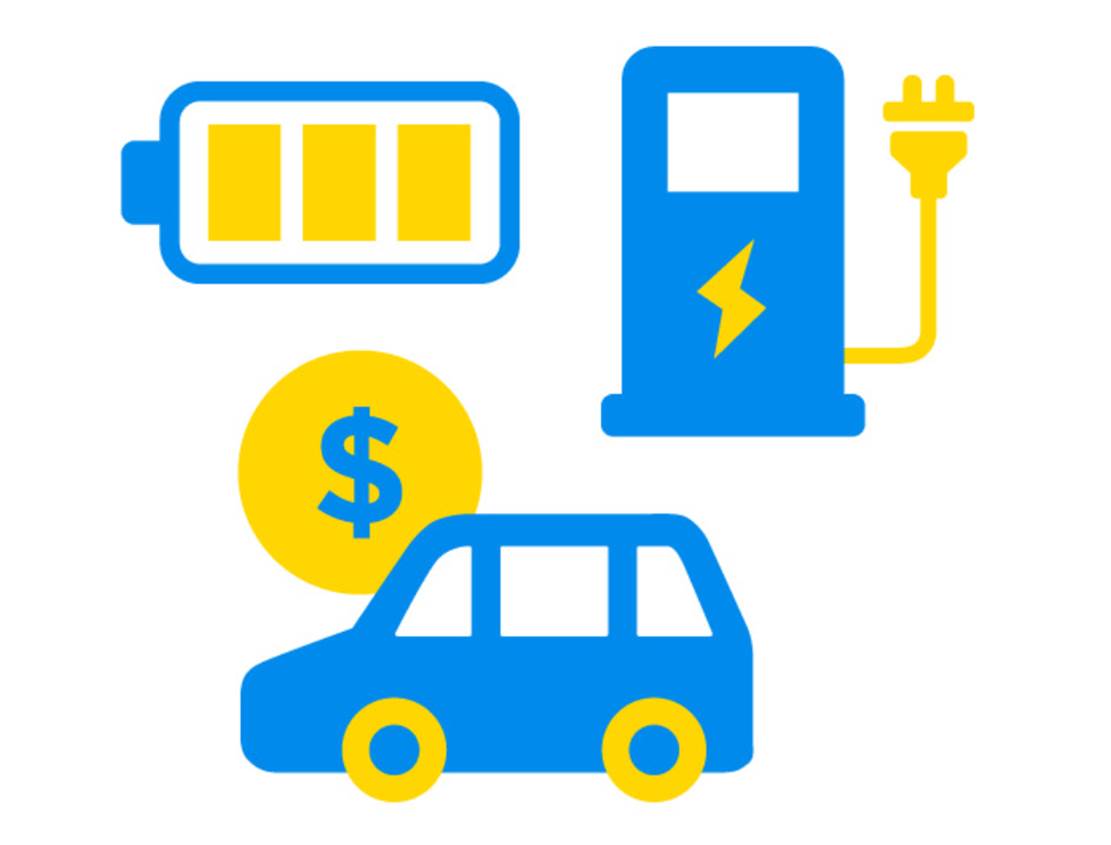It has been a big few weeks for smart electrical panel-maker Span. They announced major deals with Pulte Homes and through some of the largest energy utilities with Landis + Gyr. The startup also expanded its lineup to include small home and apartment-sized panels and even subpanels. But why do we even need smart electric panels?
We last caught up to Span last year when they announced a smart EV charger and funding.
Founded by the former head of Powerwall development and Tesla Energy Arch Rao, Span has been creating smart circuit breaker boxes for homes for a few years.
Rao left Tesla in 2018 at a tumultuous time when Tesla was diverting Gigafactory Nevada batteries from home storage into its new Model 3 and was also fumbling its solar roof efforts while managing its questionable Solar City acquisition.
Span smart circuit boxes were launched in 2020 at a price of $7000 and required specialized electrician installations in low numbers.
Since then, the price has halved to $3500 (or $2900 after the IRA tax credit), and the number of Span installers has exploded, leading to much lower costs and, with this week’s announcements, much-expanded capabilities.
Why Span smart circuit breaker boxes?
As people dump petroleum-based vehicles and home heating and move to EVs and heat pumps, the electrical service lines that homes use are getting taxed. Even 240V/200A service, which a few years ago seemed like a lot, can almost entirely be used up by a few EVs and a whole-house heat pump system.
With dumb panels, electricians are limited to those 200A, or they’re forced to bring in more power from the street, which can cost thousands or even tens of thousands of dollars.
Span panels can monitor home power usage and turn off high-power use items like car chargers, pool pumps and water heaters when the capacity starts to fill up. What is a priority can be set by the users and there are 32 different smart breakers to wire up many items.
Solar and Batteries
It isn’t just EVs and heat pumps that are going into new homes. More and more people are looking to solar and battery storage to help mitigate energy costs and outages. These each require a huge breaker and, on dumb panels, eat into those allotted 200A.
Span helps manage these pieces of technology as well. Span can be set up to run off of solar and save energy-intensive operations like charging EVs and Powerwalls for low energy cost timeframes.
Obviously with Rao’s history with Tesla, Powerwalls, solar and gateways are fully supported but other major batteries are also supported like Franklin WH, Enphase IQ Battery, LG Chem RESU2 SolarEdge Energy Bank.
Span Announcements
Span announced this week that smaller 24-circuit and 16-circuit model boxes are available for smaller homes, apartments, and commercial usage. These can also be utilized as smart subpanels and there’s even a panel with a built-in meter that is being tested and readied by utilities (details forthcoming).
There’s also a bigger 48-breaker panel coming for new homes. Prices aren’t set yet, and obviously, installers will get discounted prices in bulk.
There are more announcements to come in the next few months, which should be an exciting time for Span.
Electrek’s take:
As I’ve added solar, batteries, EVs, and heat pumps, not just for HVAC but also for water heating and clothes washing, I’m feeling the strain on my 200A service. Our electrician initially recommended running another 200A line that would cost over $10,000.
Installing a Span will run a fraction of the cost and, as a bonus, will allow me to better monitor and control the loads going into and out of my home. That will also save money in the short term and we’ll likely be able to move to better rate plans in the longer term.
I’m fairly confident that I won’t need to do much in the way of mitigation because our house, when not heating and car charging, uses less than 2kW of electricity out of the 50kW coming in.
I’ll have a review of the Span after my upgrade is done in a few months.
FTC: We use income earning auto affiliate links. More.



